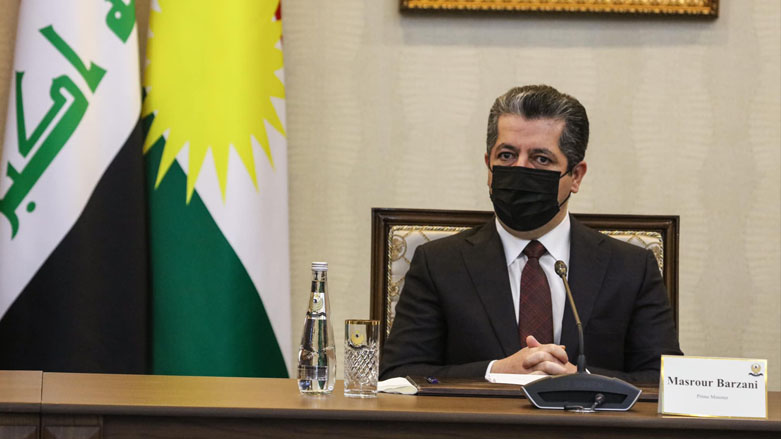Amid rising COVID19 infections, PM Barzani warns of ‘complacency or politics’

ERBIL (Kurdistan 24) – Kurdistan Region Prime Minister Masrour Barzani on Monday warned of politicizing the dangerous COVID-19 situation as the Region is witnessing an alarming rise in infections.
The premier’s warning came a day after the Region recorded more than 920 infections in the period of 24 hours along with 11 deaths, following a period of relative calm in the pandemic.
“This is not the time for complacency or politics,” Barzani warned in a tweet, saying the autonomous Region’s health care system is once again “being tested.”
The Region has been hailed by international health organizations for managing coronavirus effectively as it had put health measures in place in the early days of the pandemic.
But a strained Kurdish economy, affected by a global oil price collapse and the fallout from closures, forced the Region’s authorities to ease restrictions which kept the epidemic at bay.
“Our recent progress in containing the virus is now in peril,” Barzani warned, expressing concerns that people are at a “higher risk of death,” and urging the public to abide by regulations to save lives.
The premier also urged the Region’s four governors to “recognize their solemn responsibility” in protecting the people through adopting the latest public measures.
The Region has so far, officially, recorded more than 119,000 cases of coronavirus, of which over 3,600 patients died.
Alarmed health authorities recently issued similar warnings to the public, fearing the health system to be overwhelmed by severely infected patients who have filled the intensive care units at the treatment centers.
Editing by Joanne Stocker-Kelly
